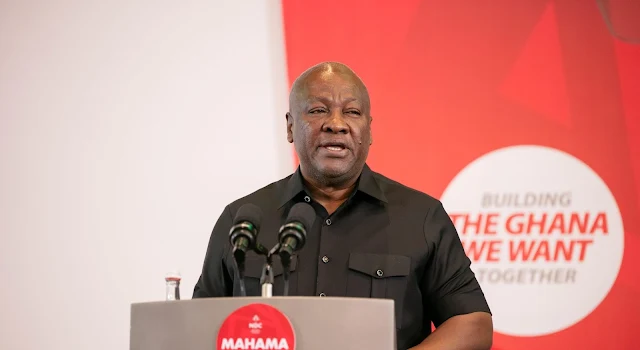 | |
|
In a significant move to optimize government efficiency, the Republic of Ghana has announced a comprehensive restructuring of its ministerial framework. Through a new Executive Instrument (E.I. 1) signed on January 9, 2025, President John Dramani Mahama has consolidated the country's governmental structure, reducing the number of ministries from 30 to 23.
This strategic reorganization, which revokes the previous Civil Service (Ministries) Instrument of 2021, represents a notable shift toward a more streamlined governance model. The reform appears designed to enhance operational efficiency while maintaining comprehensive coverage of essential government functions.
Key Aspects of the Reorganization
The new ministerial structure demonstrates careful consideration of modern governance needs, particularly in emerging areas such as environmental sustainability and digital transformation. Notable among the established ministries is the Ministry of Energy and Green Transition, signalling Ghana's commitment to sustainable development and environmental stewardship.The restructured framework maintains core governmental functions while introducing integrated approaches to related sectors. For instance, the Ministry of Gender, Children and Social Protection combines several social welfare functions under one umbrella, potentially enabling more coordinated policy implementation.
Modern Governance Priorities
The new ministerial arrangement reflects contemporary governance priorities, particularly evident in portfolios such as:
The Ministry of Communication, Digital Technology and Innovations, which positions Ghana to address the challenges and opportunities of the digital age.
The Ministry of Tourism, Culture and Creative Arts, recognizing the growing importance of creative industries in economic development.
The Ministry of Youth Development and Empowerment, highlighting the government's focus on nurturing the next generation of Ghanaian leaders.
Economic and Development Focus
The restructuring maintains strong emphasis on economic development through specialized ministries such as Trade, Agribusiness and Industry, while also addressing fundamental sectors like Food and Agriculture. This approach suggests a balanced focus on both traditional economic drivers and emerging market opportunities.Impact and Implications
This administrative reorganization could yield several benefits:The gazette notification date of January 9, 2025, marks the official implementation of this significant administrative reform, positioning Ghana's governmental structure for more efficient service delivery in an evolving global context.
%20Intrument,%202025.jpg) |
| Civil Service (Ministires) Intrument, 2025 |
This reorganization appears to align with modern public administration principles that emphasize lean, efficient governance while maintaining comprehensive coverage of essential government functions. As Ghana continues its development trajectory, this streamlined ministerial structure may prove instrumental in achieving more effective policy implementation and service delivery.
The success of this administrative reform will likely depend on effective implementation and coordination between the consolidated ministries. Stakeholders will be watching closely to see how this new structure enhances government efficiency and service delivery to Ghanaian citizens.














0 Comments
Time is a rare commodity, and I truly appreciate you spending some of it on my blog. Your feedback is invaluable for maintaining quality content. Please share your thoughts in the comments, and if you found this article helpful, consider sharing it on social media. If you notice any errors, don't hesitate to let us know so we can correct them.